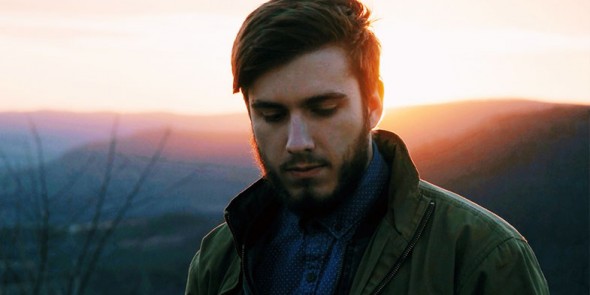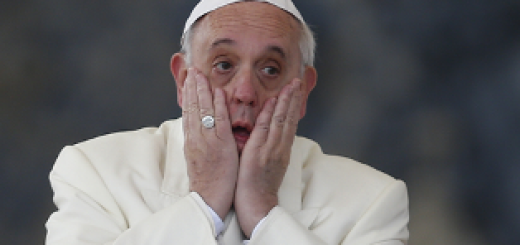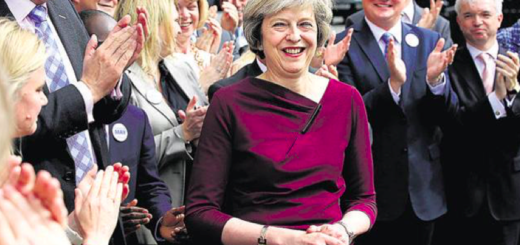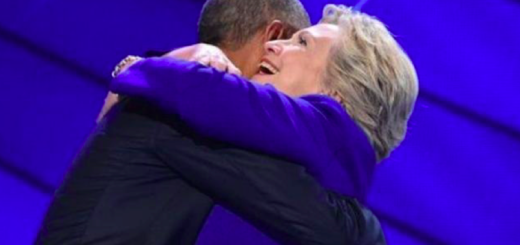Crusade to rehabilitate LGBTs Yes, they’re gay. And pious too!

Joeanna Rebello, IN Times of India, Jul 3, 2016
(Note: The Roman Catholic Church was in the forefront to launch and conduct several self-defeating crusades to establish dominion over geographical areas. This time the crusade is for capturing theological and ideological territories. The trail blazers now are not the Catholic Church, but the Christian Theological University in West Bengal. For the first time in Indian theological History it has started a theology of homosexuality course for their seminarians. Can the CBCI (Catholic bishops’ conferencfe of India) dream of such a thing? They definitely can’t although their Pope can and is far far ahead of the Indian Church. To counterbalance the CBCi in India we have the NCCI (National Council of Churches in India) which is a league of Indian Protestant denominations that has been propagating a more egalitarian teaching and practice — a line not all churches are prepared to take. What Pope Francis asked Roman Catholics last week, namely to apologize to Gay community for black listing and persecuting them. In this area the Protestant churches in India seem to be doing it already and even much more than what Pope is asking for.
Unfortunately no public response from the Catholic Church has come so far to the Pope’s call. On issues on which it is difficult to give an honest “Yes or No” answer the Indian Catholic Church usually keeps a stony silence. It has been doinig it for the last three years when two Rome Synods asked for a thorough study of various social and cultural threats to Christian families in India.
The CBCI never had the honesty or courge to admit that it is mortally afflicted by the  cancer of Casteism, and endogamy (pure blood marriage practice) although a lot of articles were written by CCV and send to every Indian bishop. The W.Bengal Christian university and NCCI have to be saluted for setting out an exemplary leadership in theological thinking and practice. james kottoor, editor)
cancer of Casteism, and endogamy (pure blood marriage practice) although a lot of articles were written by CCV and send to every Indian bishop. The W.Bengal Christian university and NCCI have to be saluted for setting out an exemplary leadership in theological thinking and practice. james kottoor, editor)
Last year the Senate of Serampore College, a Christian Theological University in West Bengal, girded its loins for a crusade: It was going to rehabilitate the homosexual soul. For the first time in Indian theological history, it introduced in the curriculum for seminarians, a unit on homosexuality as part of its course on 'Theologies of Human Sexuality'.
Last week, Pope Francis may have asked the Roman Catholic Church to apologize to gay people for its chronic condemnation of the community, but the Protestant churches in India did one better, and a lot earlier. Since Delhi high court's 2009 verdict decriminalized Section 377 – the ban was reinstated in 2013 – they've been organizing interfaith workshops and conferences with a view to re-evaluate scripture and build a new queer-friendly Biblical interpretation. In other words, they're bringing the sheep back to the fold (although it should be pointed out that the sheep themselves didn't stray, but were chased away from the flock, their sexual conduct considered deviant and sinful).
"More people from theological institutions and queer groups are reviewing homosexuality's place in religion," says Dr George Zachariah, professor of Christian Ethics at United Theological College, Bengaluru. Leading these is the National Council of Churches in India (NCCI), a league of Protestant denominations that has been propagating a more egalitarian practice – a line not all churches are prepared to take.
When the NCCI issued a statement in support of the queer community in 2009, several member churches threatened to exit the umbrella. But unlike a decade ago, when the conservative voice was shrill and majoritarian, now there's wider progressive push-back. For groups like the Christians Against Homosexuality which exhort queer people to 'Come to Jesus to get corrected', there is a counter-movement such as 'Christians Against Homophobia' in Chennai.
Homosexuals have never had a place at religion's high table. The Abrahamic religions – Judaism, Christianity and Islam – condemn homosexuality and, depending on time and place, could trot out execution or attempted exorcism as punishment or 'cure'.
Hinduism, on the other hand, is significantly silent on the subject. Mythologist Devdutt Pattanaik says the lack of an essential rule-book, leaves the abstract moral principles catalogued in Hindu texts open to interpretation. "It is colonialism and later, politics that interpreted homosexuality as aberrant," he says. "Just as consecutive translations of the Bible were interpreted with the translators' own prejudices and social mores cast into the original text. But here's the question to ask: Is religion responding to society or society to religion?"
The LGBTQI faithful are ahead of the curve on this one. Several faith-based gay groups have started to gather privately in safe fellowship and prayer One of these groups in India, tentatively called Queer in Christ, was established in Bengaluru three weeks ago by Romal Laisram, a gay activist and son of a pastor. Most queer faithful – particularly when theyre raised religious – are beset with guilt when they become aware of their sexuality. But Laisram felt a closer kinship with Christ, he says. "My personal faith in Christ helped me come out and feel accepted for who I was."
His study of theology brought him to queer theology, when he realized almost all religions were buoyed by alternate scriptural interpretations that valued sexual and gender minorities. "That's how patriarchy plays out; other readings are suppressed," notes Laisram, who was often called out for being moralistic by other gay (atheist) activists.
Those who attend Queer for Christ's Friday meetings (not all Christian, though keen on Christ) partake in scriptural discussion, prayer and personal sharing of how their faith either grew stronger or was compromised by their sexuality. "I believe that if people take individual authority over their own faith and allow it to dictate their own moral code religion can be most democratic," says Laisram.
And revolutionary, believes Ankit Bhuptani, the India moderator of GALVA – Gays and Lesbian Vaishnava Association. "If we can convince people that homosexuality has a place in their religion, it will change mindsets and do more for the LGBT community than political and legal change."
















